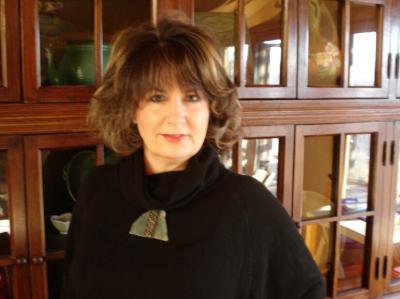
Traumatic pathological relationships are relationships with a partner with Cluster B and/or psychopathic behavior. Pathological Relationships have long been undifferentiated from traditional domestic violence. Although we have had ‘battering typologies’ based on Cluster B/psychopathic behavior, they were not studied for the differences in relational dynamics, the survivor profiles, or the differences in a survivor’s resulting trauma. Consequently, these relationships and their survivors have been approached and treated as an extension of domestic violence.
But should they be?
Sandra L. Brown, M.A., a pioneer in developing the theory and treatment of ‘narcissistic and psychopathic abuse,’ will formulate ‘The Four Identifiers’ of pathological relationships that professionals should know. She will also discuss the research outcomes of survivors of pathological relationships, distinguishing between codependency often seen in domestic violence and the unique personality trait elevations of those in narcissistic and psychopathic relationships. She will also introduce an ‘atypical’ trauma feature that is central in the survivor’s trauma symptoms and is specific to pathological relationships that are often misdiagnosed and untreated.
Speaker
Sandra L. Brown, M.A., is the President of The Association for NPD/Psychopathy Survivor Treatment, Research & Education and the Director at The Institute for Relational Harm Reduction. She is the author of nine books, including the book that was instrumental in launching the narcissistic and psychopathy abuse recovery field, ‘Women Who Love Psychopaths: Inside the Relationships of Inevitable Harm with Psychopaths, Sociopaths & Narcissists.’ She has led the field in theory development and establishing an evidence-based and trauma-informed standardized care treatment model. She is a lecturer, therapist trainer, and theory consultant for this emerging traumatic stress-related topic. She is finishing the first treatment manual for professionals and has initiated a professional certification for this field.

